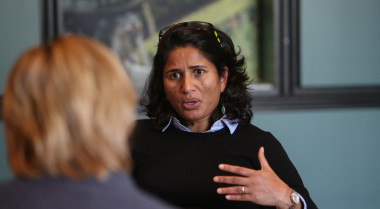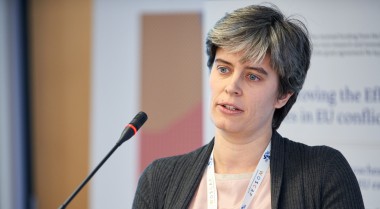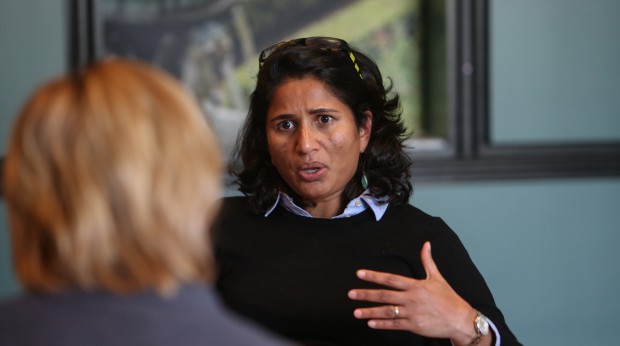
Conference on Improving EU Peacebuilding and Conflict Prevention
On November 8th, over a hundred participants attended the conference ‘Effectiveness and Inclusivity of EU Peacebuilding and Conflict Prevention' at the Scotland House in Brussels. During the conference, policy makers, academics and civil society practitioners presented the findings of two EU-funded Horizon 2020 projects IECEU - Improving the Effectiveness of Capabilities in EU Conflict Prevention and WOSCAP - Whole-of-Society Conflict Prevention and Peacebuilding.
Both projects developed recommendations that contributed to further debate and improve EU's conflict prevention and peacebuilding interventions. The conference was organised around five panels, which were composed of by project representatives together with members of the European External Action Service (EEAS). The conference was opened by Stefano Tomat, Head of Division of PRISM (Prevention of conflicts, Rule of law, SSR, Integrated approach, Stabilisation and Mediation) from the EEAS, who highlighted the usefulness of linking policy to academia and practitioners.
The panels addressed the EU effectiveness in conflict prevention through discussions around Security Sector Reform, Multi-Track Diplomacy, EU integrated approach, inclusivity and local ownership. Learnings were shared from the cases of Ukraine, Mali, Yemen, Kosovo, Georgia, Afghanistan, Palestinian Territories and Bosnia and Herzegovina. During the conference, the panel ‘Inclusivity & Local Ownership in EU's Conflict Prevention & Peacebuilding' was directly livestreamed to Facebook. That way, the panel discussion was extended beyond the conference room.
The conference ended with a pitching session, where five EU-funded Horizon 2020 projects capitalised on their results. The speakers of the projects IECEU, WOSCAP, EU-CIVCAP, GAP and PeaceTraining.eu reflected on their results and highlighted how they can be sustainable in the future. Closing remarks were given by prof. dr. ir. Georg Frerks. As he mentioned:
'We need to invest, and have to continue doing that, in critical research, continuous monitoring and evidence-based policies. What all this work that we have been presenting today shows us, is that that type of critical attitude needs to accompany policy implementation.'
For a more in-depth recap of the conference, see here.


